Great Week!
A good news: an Argentinian family business started to produce “plastic” bags, but made of cornstarch that degrades in 80 days. 80 days! An insignificant lapse of time compared to the 150 years it takes for a traditional polyethylene supermarket bag to degrade.
The article is in Spanish. But it has a great insight at the end, which, translated, says “contamination is produced by the people, not by the little polyethylene bag”. Apart from that, 2 details called my attention from the article.
First, the fact that, in this case, the idea could only grow –seeking fur such a sustainable alternative– when several governmental entities prohibited the use of polyethylene in the bag production. Generally, it occurs the other way around: individual solutions protrude, these generalize and then the laws are modified according to how reality changes. However, what happened here is that the law changed first, prohibiting the use of polyethylene bags, hence, the business had to find an alternative in order not to lower their sales.
And secondly, within the “family” business, it was the son of the owner who insisted his father to invest money in this sustainable alternative. When facing the problem, the adult person in charge of the business could not see the new solutions coming from new ways of sustainable thinking, and it was his son, representing the new generation of decision makers, who could see beyond the problem, and present a solution that could save the family business, as well as protecting the environment. Well done!
Last, my mum sent me a few lines regarding the comments I made on the last awareness newsletter on media manipulation techniques which I enjoyed for their simplicity when analyzing the situation, and I wanted to share them with you:
“Julius Caesar said: “you must give the people bread and circus”. It was like this how he maintained the people quiet and entertained so that they did not stick their noses in state issues.
On the other hand, what happens at an ecological level, as well as what happens at Country level, reminds me of the story of the two frogs… it goes something like this:
You have two little frogs. You start heating up two pans with water. One of the frogs goes inside one of the pans. You hold the other one in your hands. The water starts slowly heating up. When it is very, very hot, you throw the frog inside the unoccupied pan and BAM! Hops the frog and jumps outside the boiling water, saving himself. The other frog, the one that slowly got used to the water heating up, dies in the boiling water.
The same happens with societies… we slowly get used to all of this. In the end, we shall die burnt like the little frog.”
Us, individuals inside this society, must think better towards the future. Although the frogs’ story forecast is no good for us, it is true that society, like a whole, does not perceive the great damage that our resources extractive methods, industries and waste produce. The problem with, for example, climate change, is that it is not profoundly perceived by the entire society because of the simple fact that we live for a very short period of time in our planet, hence, our life time scale is very tiny compared with the dimensions of cause and effects relations that exist in environmental problems.
“Shifting baselines: such is the way environmental psychologists have of calling this fascinating phenomenon that makes people always consider as a “natural” environmental state that which coincides with their life time lapse and experiences. The transformations of the social and physical environment are not perceived in absolute terms, but always in relation to the own perspective of the observer.” – Harald Welzer. Guerras Climáticas. (Climate Wars). Ed Katz. 2008. P. 246
Thoughts that invite to think.
A big hug,
Brian Longstaff.-



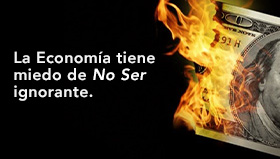




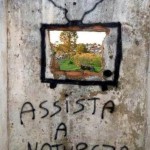
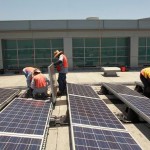
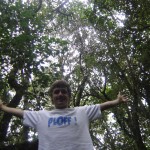


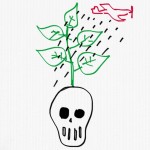

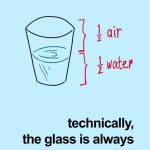



Leave a Comment